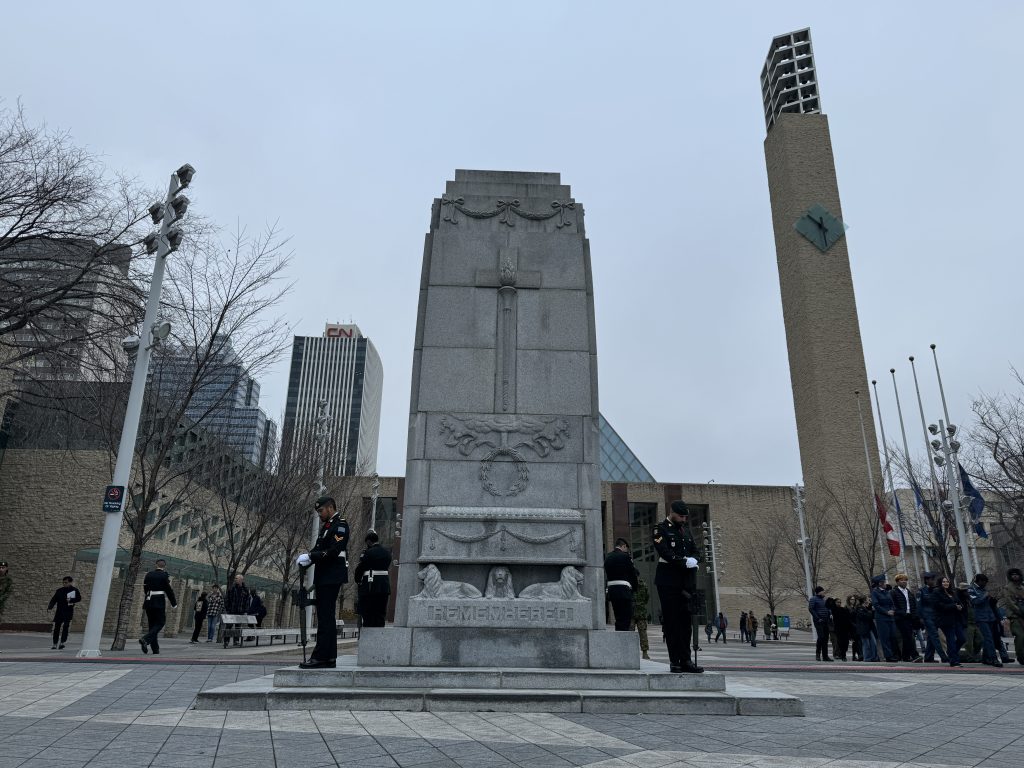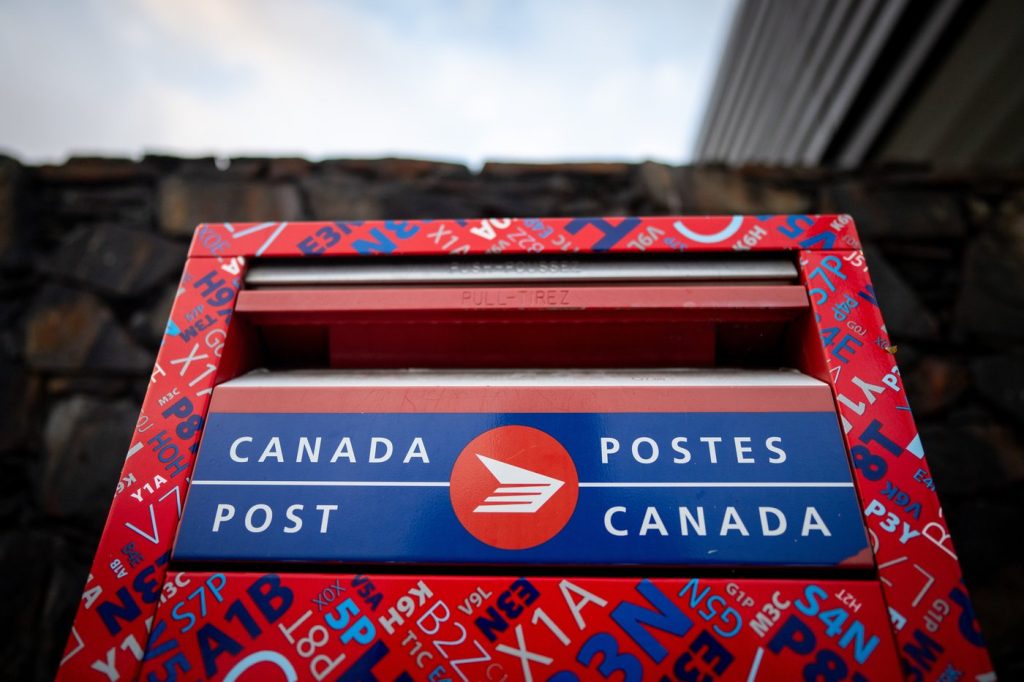On 10-year anniversary of Vancouver Olympics, public figures reflect on mixed legacy
Posted February 9, 2020 2:00 am.
This article is more than 5 years old.
VANCOUVER — When Gregor Robertson took office as mayor of Vancouver, he said he didn’t anticipate the “financial meltdown” of a planned housing development as the 2010 Winter Olympics and Paralymics approached.
Olympic Village, a community of about 1,100 condominium units along the edge of the city’s False Creek, was expected to house 3,000 athletes and add much needed affordable housing stock to the city.
But it wasn’t going as planned, he said in an interview.
“I took over 14 months before the Games started and the Olympic Village was in total meltdown financially and that project was not on track to be completed for the Games,” he said.
The 2010 Olympics coincided with the recession. The $1.1-billion project went into receivership and the city took on $690 million of debt to keep it afloat but Robertson said it paid off.
“It all worked out in the end. It’s a great Vancouver neighbourhood with a big legacy to the city.”
The 10-year anniversary of the Olympic Games is on Wednesday and Robertson is one of several public figures who, looking in the rear-view mirror, expressed mixed feelings about the experience but ultimately said it was worth it.
The Games came with significant infrastructure investments like the Canada Line SkyTrain, a rapid transit line connecting Vancouver’s downtown core with the airport in Richmond. Athletic facilities built for the Games are now valued community and recreation centres. And the Sea-to-Sky Highway that winds up to Whistler was significantly improved, opening the region north of Vancouver to more tourism.
Ten years out, the legacy of those investments is proving a boon to the community but some payoffs took longer than expected.
“I think the Olympics really launched Vancouver onto the world stage and bolstered our reputation as a city that could host big events, that had a dynamic economy and diverse population,” Robertson said.
Quantifying the economic impact is virtually impossible, said James Raymond, senior research manager at the Vancouver Economic Commission.
A PricewaterhouseCoopers analysis released the year after the Olympics found the Vancouver Organizing Committee kept spending under $2 billion. It estimated the Games contributed $2.3 billion to the GDP, resulted in $1.26 billion on local development projects and in one month alone drew 650,000 visitors.
The city said in April 2010 that it spent $550 million and leveraged another $174.9 million from other levels of government, deeming it an investment that “created a sustainable legacy of city assets for the use of our citizens for years to come.”
Raymond said the benefits have gone far beyond those figures. From his perspective, Vancouver has hosted one of the most successful Olympic Games in recent history.
Unlike other host cities with “ghost” facilities that languish unused after the Games, Vancouver’s Olympic infrastructure continues to flourish, said Raymond, whose visits to host cities include Seoul, Barcelona, Sidney and Athens.
He brings his own daughter to ballet class at a community centre that hosted curling events and now has a popular swimming pool and farmers market.
“It’s brought life and energy to that one neighbourhood alone,” he said.
Vancouver’s brand value also increased thanks to the Games and likely contributed to foreign investment by companies like Amazon and MasterCard that are expanding tech operations in the city, and attracted international events to the Vancouver Convention Centre, Raymond said.
He credits the Vancouver Organizing Committee with keeping legacy front of mind in its investment decision.
“Vancouver really showed well that the Olympics can be a fantastic thing for your city,” he said.
“It’s about scaling things appropriately and putting the legacy as the most important thing to think about.”
The committee’s CEO John Furlong said members made it a priority during planning to consider how infrastructure fit into the community’s long-term vision for itself.
There was only one project — the ski jump venue — that the team determined would not likely sustain itself, so committee provided ongoing funding for it, he said.
More important is his view has been what he calls the “human legacy” and how it contributed to Vancouver’s reputation.
“The Vancouver 2010 Games faced extraordinary hurdles and hardship along the way and had to overcome a lot of things. So, in many ways it was important for the project to be seen as a metaphor for what’s possible,” Furlong said.
“The city has this kind of look in its eye and this feeling that it can tackle anything.”
Leaders from two First Nations said they were excited and hopeful to participate in the Games.
Lil’wat Chief Dean Nelson and Squamish Nation’s Gibby Jacob both said their communities received land that they still haven’t been able to build on but consider long-term investments.
Jacob said a shared $30-million cultural centre in Whistler was more of a financial burden than expected but is now operating in the black. Nelson added that many local youth are employed at the centre and it allows them to share their history.
Nelson, who was teaching in 2010, said it was fun for his students to have Olympic presentations in schools and a snowboard team that formed in 2010 is still riding.
The Games also brought out anti-poverty advocates who saw the spending as frivolous.
Vancouver Coun. Jean Swanson helped stage the Poverty Olympics in the lead up to the Games to draw attention to inequality in the city.
“We had our own mascots, we had our own anthem, we had our own games. My favourite was the broad jump over the bed-bug infested mattress,” she said.
The message was clear then and she stands by it now, she said: “If the money that had been spent on the Olympics had been spent on ending poverty, we could do it.”
But the Games also came with some benefit to the poor, she said. Swanson credits pressure by advocates with the provincial government’s decision to build 14 permanent supportive housing buildings with about 100 units each in the region.
On the downside, Swanson said she believes the Olympics boosted Vancouver’s international profile as a real estate destination, contributing to a housing crisis that hit its peak years after the Games were held.
Robertson also linked the international attention with the city’s housing woes, while adding the reputation boost that it gave the city shouldn’t be underestimated.
“Before that we were seen as a no-fun city with limited economic prospects known just for resources. And now we’re known as one of the greenest, tech savvy culturally diverse cities in the world,” Robertson said.
“That’s huge value and I think it’s easy to recall some of the challenges or the complications that ensued with real estate, but I think overall it was a real benefit to Vancouver and Canada.”
This report by The Canadian Press was first published Feb. 9, 2020.
Amy Smart, The Canadian Press








